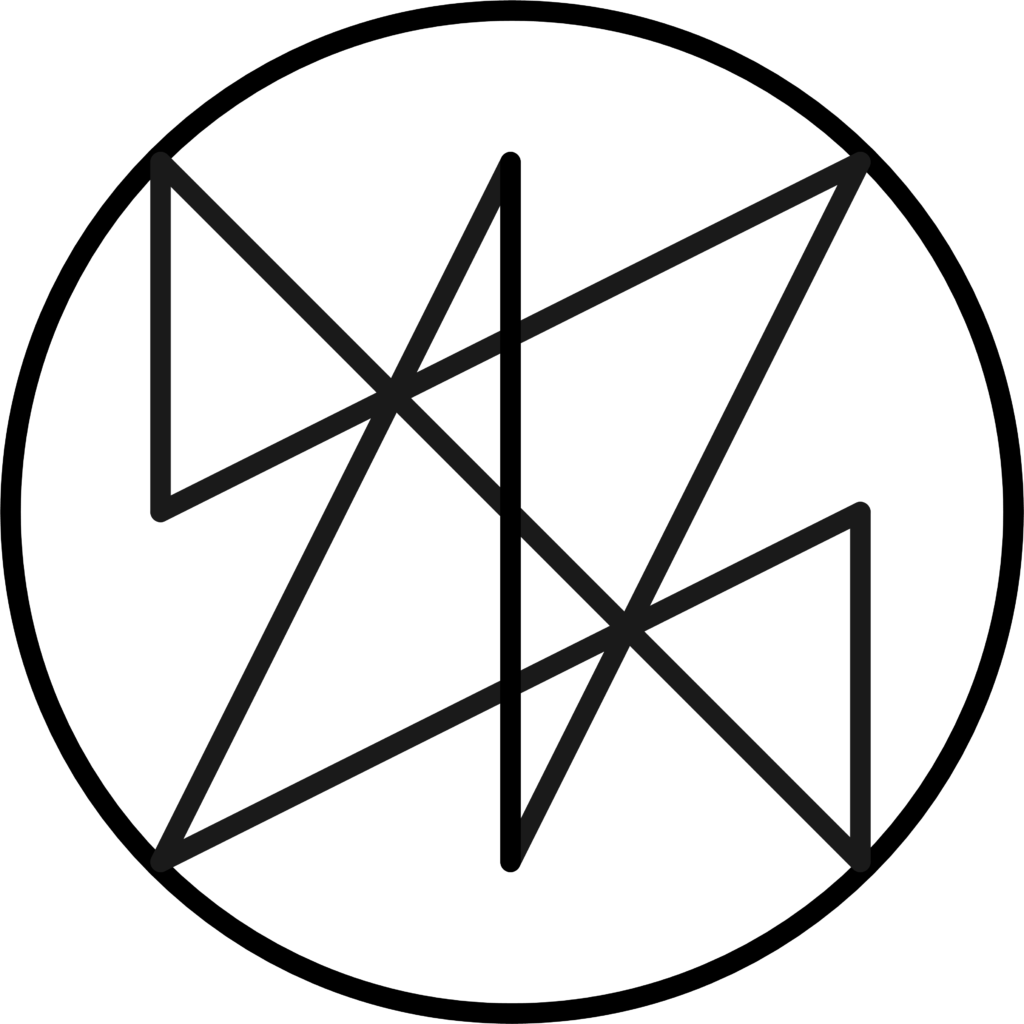What’s In A Name?
I was approached to write this article series based upon my experience with the current discourse and leadership within the field over the last two decades. Though truth be told, I was also chosen because of a willingness to take time to write about the “hot topics” that we all face. Areas of discussion will […]
Proving East Asian Medicine
East Asian medical research focuses on quantitative means of proof. This affects the information obtained, thus what become considered best practices. I maintain that the world of East Asian medicine might also be understood through qualitative means. In this article, I address the thinking behind these forms of research and to provide some examples of, […]
Politics of Evidence
Acupuncture is no different than placebo. The refrain is repeated over and over. For me, the question begins with: How do you know you achieved placebo? Were the results such that they could lower cost of care? Here is an example of policy development even with studies that show no difference from placebo. It is […]
Cultural Competency in East Asian Medicine: Perspective as a Tool
Medical education involves the development of cultural competencies. In this discussion, I present the idea of perspective as a tool for navigating complex cultural environments. Hopefully, this article will provide a consideration for coursework in U.S. schools of acupuncture and Chinese medicine. Skilled reasoning allows for the other points of view, especially for controversial subjects. […]
Medical Epistemology: A Bias of Culture?
Does epistemology sound scary – intriguing – or like jargon? Whatever your point of view is, here is an explanation: epistemology at its root, means to take a stand in relationship to a subject (epi-steme). In order to do that, one must develop knowledge about that subject. Put differently, epistemology is how we build knowledge. […]
Scope and Standards for Acupuncture: Dry Needling?
Legislative scope and standards of practice are major elements that define a profession. Clarifying these two areas for the field of acupuncture and Oriental medicine is important because of emerging legislative arguments that are mixing the logics of scope and standards – to the possible detriment of society. Let me explain. In professional licensing laws, […]
Thoughts on Ernst’s Review of Reviews
Curious, I read the Pain® journal article by Edzard Ernst and colleagues entitled “Acupuncture: Does it alleviate pain and are there serious risks? A review of reviews“1. In the piece, it states in many of the acupuncture case reports “causality was uncertain…not least because of a lack of sufficient detail. Yet, most of the authors […]
Is Chinese Medicine Integrative Medicine?
Throughout the history of its development, Chinese medical practitioners have integrated practices from other cultures. In America, the integration of Chinese medicine into American culture was present on the East Coast, physician and chemist Franklin Bache, a great-grandson of Benjamin Franklin, translated and published Morand’s Memoir on Acupuncture (1825).1 By 1900, the father of American […]
Flexner to Eisenberg: The Turning of a Nation
Abraham Flexner was a reformer of education, particularly in the area of medicine. He devoted much of his life to education, attempting to gain a better understanding of its place in society.1 It could be said that he changed the face of medical education in America with his 1910 report Medical Education in the United […]
Dr., Doctour, Docere – What’s in a Title?
I would like to explore the title of doctor, its historical use and impact upon programs and policy. It is time that people entering the AOM field, putting in four years of effort and often times the better part of $100,000 earn the title of doctor. So, let’s take a closer look at what exactly […]
